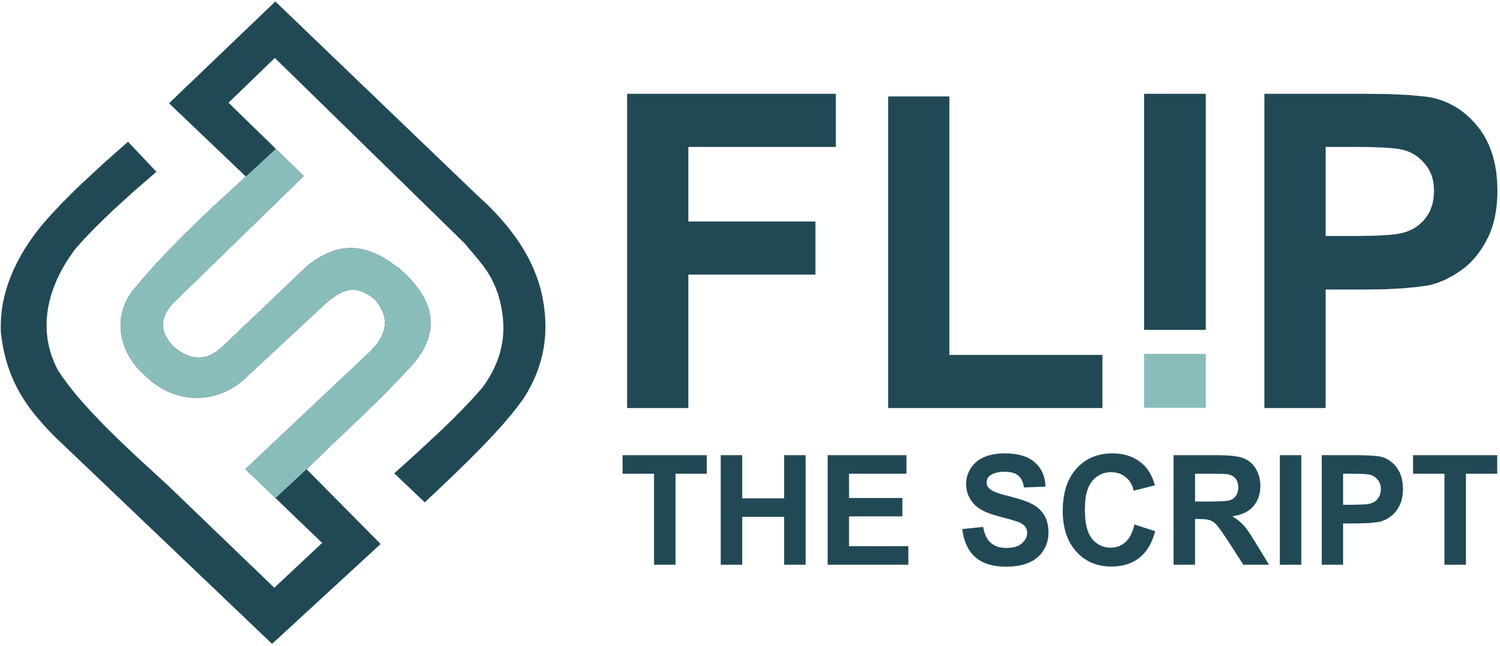How Remote Work Highlights Another Hidden "Ism": "Presenteeism"
Managers will find themselves uniquely positioned to address this hidden "ism" as they work to clearly set the environment and define success metrics for their teams.
What Is Presenteeism?
Remember those long-gone days of 2019 when feeling like an ad for DayQuil with a bit of a cough/sniffles, you still soldiered into the office to show your commitment? Probably to raise your hand to say "pree-sent" when the manager called your name? Or perhaps you were going through a significant life event but couldn't "afford" the time away. So you went into the office. Sure, you were miserable and distracted. No, you didn't get any real work done. BUT you got to show your dedication (and save taking an actual sick day). Whether you knew it or not, you were partaking in a time-honored tradition called "presenteeism."
The nature of presenteeism is being physically in one place (say work) when the rest of you (mind, spirit, energy, focus) is elsewhere. And the cost of it is steep, with estimates of lost productivity exceeding $150 billion annually in the US alone, or about $1,000 per every employed person. And that's just the surface-level impact on the business. Under the surface, presenteeism can mask and fester anxiety, depression, along with poor physical and mental health.
Where Does It Come From?
The root cause was, and still is, that being seen tends to be valued as much as being productive. Which is built on the fallacy that inputs share equal value to outputs. Being in the office out of hours is valued as highly/higher than producing an excellent report. Or coming in when you're run-down somehow delivers more value than getting all your assigned work done by 10 am. So when you take that 15 min walk to clear your head and gain some perspective before finishing that important email to a client, you're seen as "slacking."
It's like going to a two-person bike race and arriving a few minutes late. You see one racer furiously pumping at their pedals (in first gear) about halfway around the track and another racer sitting at the finish line drinking a beer and sweating after pedaling in top gear and already done. Which one is "working" harder? Which one is "producing" more?
Impact of Shift To Remote Work
As companies begin to realize that remote work is not a fad, but an unfolding paradigm shift, presenteeism has taken on a heightened pitch as it begins to increase anxiety in two directions:
For Employees: There is more opportunity for isolation, disconnect, and energy drain. For example, extroverts (draw energy from engaging people) feel disconnected without the social attributes of in-person work. Whereas introverts (drain energy from engaging people) feel "on display" through things like Zoom. Not to mention all the other curve balls life, in general, is throwing at you.
For Managers: There is less opportunity to identify "work" without the visual cues of butts in chairs. As the situation keeps shifting, it has been harder to define what success looks like without the ability to see people. Also, the wave to the troops as you step into your office each morning is no longer a viable option for "connecting" with your people (nor was it ever).
In this setting, presence quickly becomes a safe metric of success. Emails at 9:30 pm? No problem. Pree-sent. Meetings at 6 am before getting the kids ready for school? I'm there. Quick phone conference during dinner? Well, it's only 15 min. We've expanded the boundaries of when/where we need to be present, as the lines of home and work blur to the point of disappearing. And slowly, we find ourselves split, no matter where we are physically, a part of us is always floating into another space. Work when we're "at home" and home when we're "at work."
Unchecked, this trend will eventually lead from anxiety to apathy and from disengagement to infected cultures.
Where Do We Go From Here?
Okay, so all doom and gloom so far. I hope it got your attention. In part because it's real and in part because it's so damn important to get right. One of the ways we work to keep this top of mind at Flip The Script is with our cultural pillar:
No Work | If it's work, stop. If it persists, talk about it.
What this means is we realize that work, like life, ebbs and flows. Some days you're feeling it. You're in the zone, and you knock it out of the park with every swing. Other days there's a hole in your swing, and Jobu isn't there to save you. So, we have a practice that if you're in the ebb and it's a struggle, you let people know. Then, you focus on taking care of yourself at that moment because we know that when you do come back, you'll be more efficient and productive.
This is only possible because we have focused on being very clear on the first two aspects of our EPIC Management model: Environment and Performance. These define the "What" of management. This clarity helps reduce anxiety for direct reports and managers as it's clear where your boundaries are, the direction everyone is supposed to go, and how to measure success.
How About You?
So how is presenteeism showing up in your environment? What are some of the best and worst ways you've seen it addressed? What ideas do you have to advance and grow these concepts for others looking to address the impacts of presenteeism?
If you want to learn more about how to get rid of ‘presenteeism’ in your workplace, set up some time with us here.

